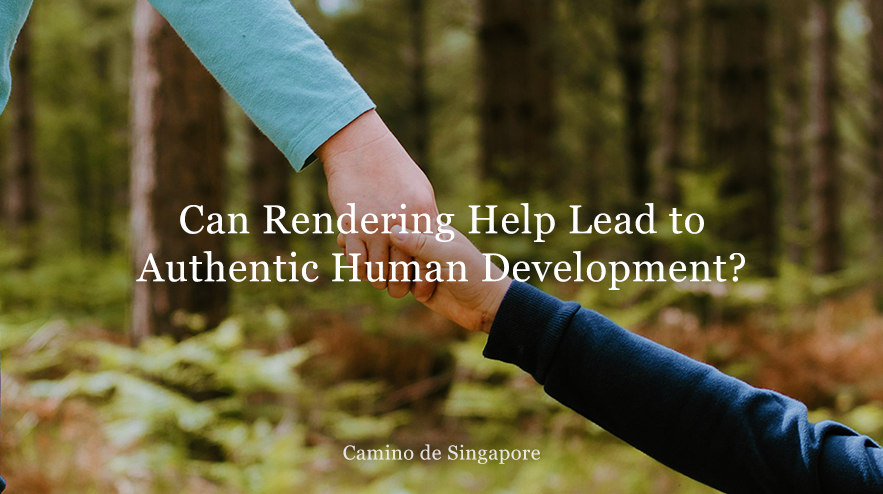No products in the cart.

Photo by https://unsplash.com/@anniespratt
Having been involved in charity work since young, and now as a mother of two young girls, these past few months for me have been filled with sadness for many who have died and anxiety for those affected in one way or another by the pandemic.
Yet, hope and optimism also emerged in these challenging times.
Awareness of needs and challenges were raised out in the open. People started to truly listen to the issues and struggles faced by many vulnerable groups and then, as a nation, we were stirred to reflect more deeply on the type of society we want and are willing to work for.
Since then, I have been heartened by the many concrete actions taken to help address gaps, issues, and needs. The ground-up initiative ‘Chemistry’ designs and provides cardboard tables for children of low-income families. The Vulnerable-in-the-Community Network brings together different organisations and groups of good-hearted people to widen support for vulnerable persons affected by the pandemic situation. Even online psychotherapy sessions could now reach many more persons who otherwise would not find the courage to physically attend such therapy sessions.
As we continue to explore the many dimensions of assistance, it becomes clearer to me that we should never tire from the ultimate goal our loving God wants for us. As mentioned in many reflections and social teachings from our Holy Father, past popes and church leaders, our human dignity is best respected when our development is integral.
Integral human development is the holistic development – physical, emotional, mental, spiritual – of the whole person and of all persons. While it respects the dignity of each person, it is also a commitment to solidarity of all persons, where needs and development are inclusive.
This concept pushes us to act and inspires us to derive models, structures, approaches and programmes of support, empowerment and growth; and of finance, economy, culture, political, labour/work and family/community life that are integral to each other. It allows each individual person as well as all persons to flourish.
While we are still far from this ideal, I know that I can take a small step forward towards it. Maybe it is to help a child of a low-income family to see that he/she can develop in more ways than just academically or to reach out to a migrant worker to assure him that our development as a nation also includes his development and welfare as a person.
As my girls are growing up fast, I feel that it is never too early to explore this ideal with them. They hold the key to a future that is theirs to unlock and realise. Till then, as a parent, I need to walk the talk and live this out in my life. I may fail many times, but my journey would definitely be spirit-filled, and I pray that others would come to know the love of our God.
What a wonderful world it would be if all Catholics are on this journey as well!
Related Stories
- Network reaches out to those vulnerable such as tissue sellers and cardboard collectors (The Straits Times, 18 Jun 2020)
- Helping needy kids study with cardboard table (The New Paper, 22 Jun 2020)
- Commentary: As therapy sessions move online, more may finally seek needed help (Channel News Asia, 14 Jun 2020)
Gail Ng is part of the Special Projects team at Caritas Singapore. The study of earth processes has been one of her pet interests since young and she suspects that that is why she loves the colour green.
